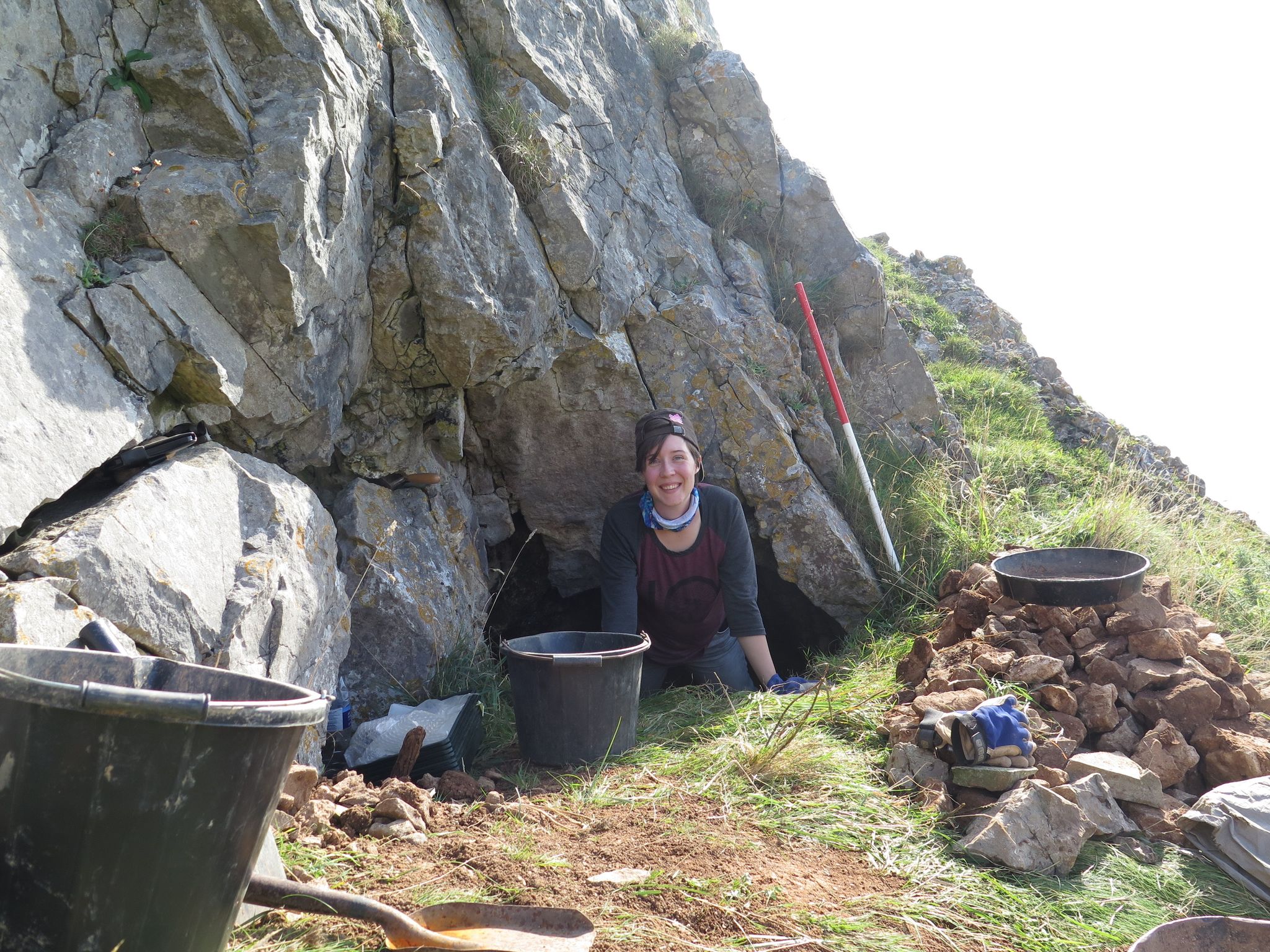What is archaeology and why does archaeology matter?
Modern archaeological research tells the stories of a shared human past by consistently re-evaluating evidence in a new light. Archaeological research requires scholars of all backgrounds and abilities to provide their unique perspectives and ideas. The people of the past were as varied and unique as the people of the present. Therefore, archaeological research needs people with a wide range of life experiences to interpret that diversity.
Archaeology is the most multi-disciplinary program possible. An education in archaeology trains students to address challenges with the appropriate tools. Climatology, history, antiquities, dentistry, osteology, human health and diseases, social structure, religious studies, genetics, physics, chemistry, art history, languages, 3D modelling, computer programing, statistics, persuasive writing, geology and geography are just some of the subjects that archaeology implements in its vast range of specializations. Students of archaeology open their minds to new perspectives, apply a wide range of tools to solve problems and place fine details within their larger contexts. These skills are valuable in any future career. The study of archaeology produces strong critical thinkers that can tackle the challenges of the modern world.
Learning to take an anthropological look at the world and past cultures opens up students minds to a range of ideas, practices and beliefs. By openly examining systems and practices that are foreign to one’s life view, archaeology can help to reduce xenophobia, racism, sexism and other forms of prejudice.

Corrie excavating a cave site on the Gower Peninsula in September 2021. Image credit: Rick Schulting